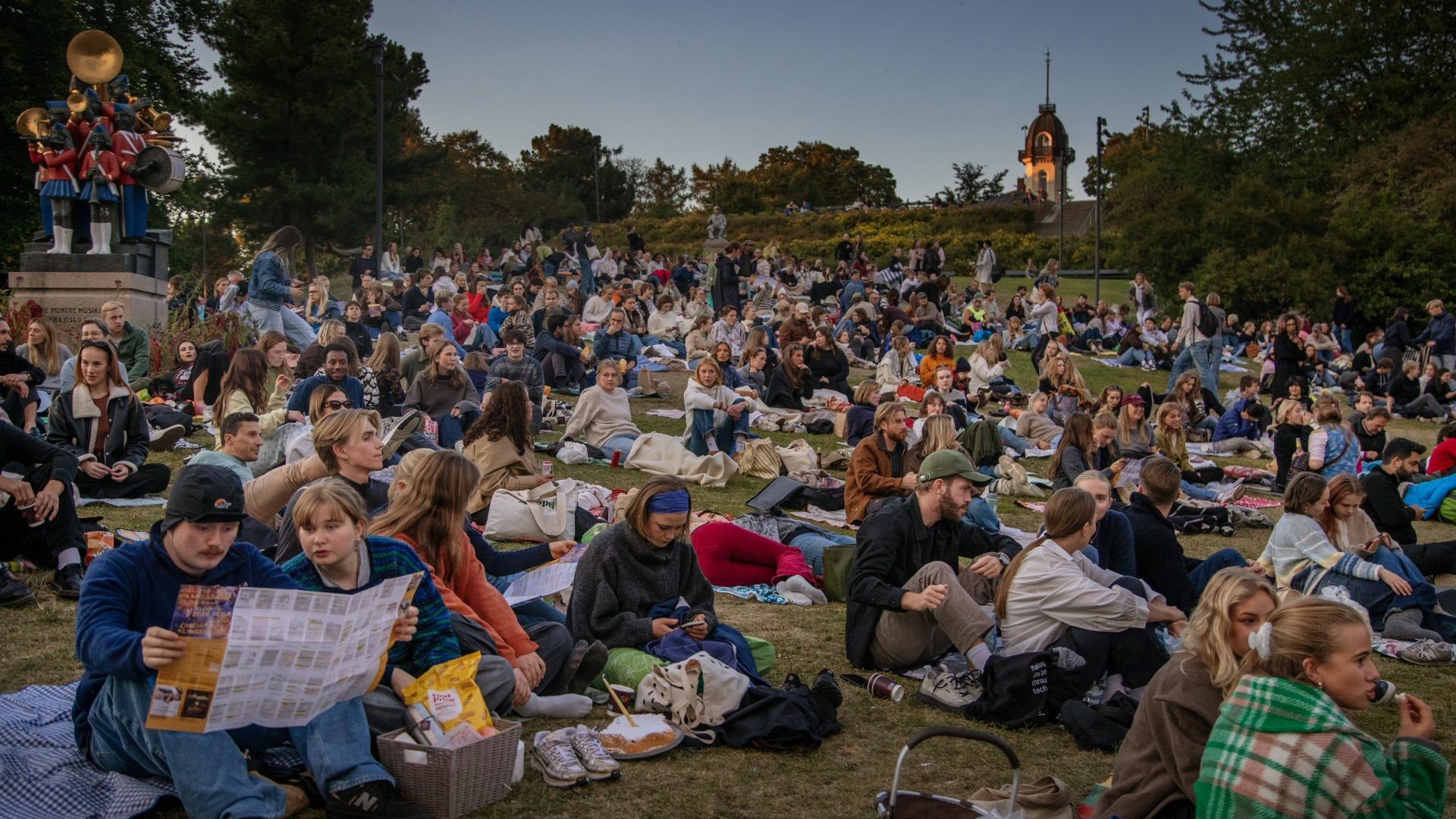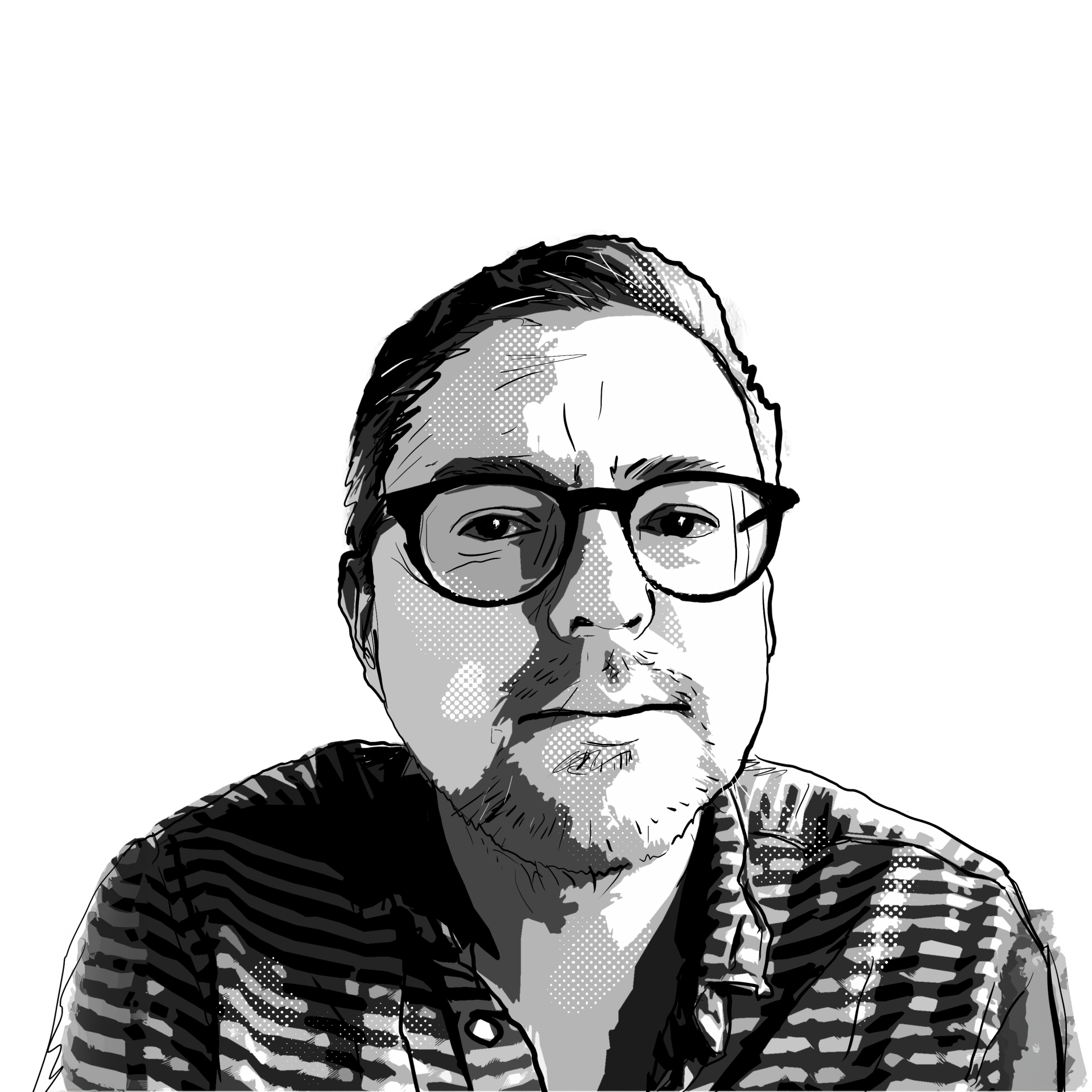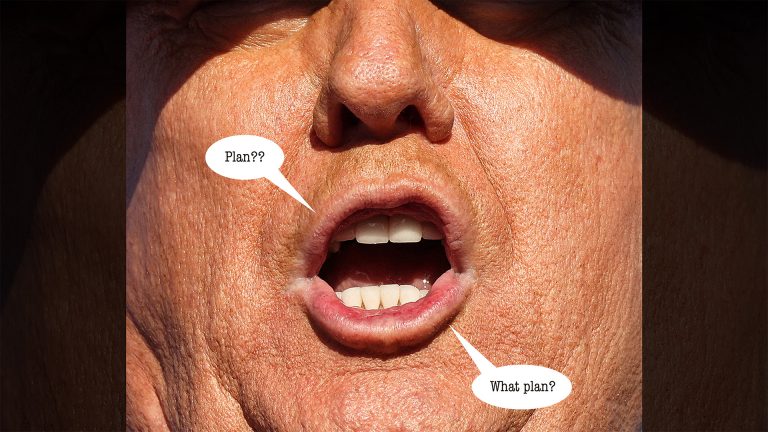I’m in Idioten Park (don’t laugh, that’s what it’s called). I’m listening to my guide, Ida Madden Hestman, who is showing a group of assembled film fans the bench on which a scene from Jachim Trier’s 2011 drama Oslo, August 31st was filmed.
We are on a Trier safari, walking through the Norwegian capital and connecting scenes to places, places to films made by the country’s burgeoning film industry. Ida points out cafes, bars, outdoor swimming pools and parks. Here is the road that Renate Reinsve runs down in The Worst Person in the World and winning herself the best actress award at Cannes.
“That never happens to Norwegians,” Reinsve will tell me the next day. “I didn’t even dream of it, because it’s impossible when you come from a really, really small place, like Norway.”
We finish at the St Hanshaugen park, where people of all ages are arriving in the long Scandinavian dusk with blankets and flasks, cushions and picnics for open-air screenings that the warm up to the eighth edition of the annual Oslo Pix Film Festival.
Trier’s Oslo trilogy – comprising Reprise (2006), Oslo August 31st and The Worst Person in the World (2021) – is screening here, and 7000 spectators over the weekend will crowd the park to watch. It is more than a screening. It feels like the films are being claimed by the Oslo crowd. Anne Lindboen, the mayor of Oslo, calls Trier “one of Oslo’s poets” and thanks him for using the city as his canvas.
Norwegian film is having something of a moment. Earlier this year, Dag John Haugerud’s Oslo: Dreams became the first Norwegian film to win the Golden Bear at the Berlin film festival. It is part of a new Oslo trilogy, with Haugerud’s Oslo: Sex and Oslo: Love.
Rensieve continues to shine after The Worst Person in the World, which was nominated for best foreign film and best screenplay at the Oscars (the latter rare for a non-English language film). She thoroughly deserves more recognition for her latest film with Trier, Sentimental Value, which won the Grand Prix Jury Prize at Cannes, the festival’s second-most prestigious award after the Palme d’Or. Her performance in Armand, directed by debutant Halfdan Ullman Tøndel, helped win the Camera d’Or for best first feature film at Cannes in 2024.
Meanwhile, director Kristoffer Borgli broke through with Sick of Myself (2022) before making the sublime Dream Scenario with Nicholas Cage in 2023.
Suggested Reading
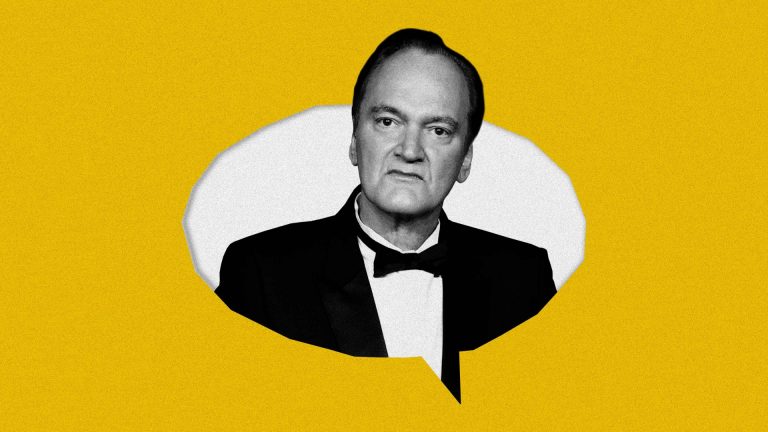

When will Quentin Tarantino shut the f*** up?
I recently spoke with Swedish screenwriter Peter Birro, who told me he was green with envy at the way the Norwegians are killing it right now. “You used to have the Danes with Lars Von Trier and Thomas Vinterberg,” he said. “We just have Ruben Östlund and Tarik Saleh. And they both write their own scripts.”
Eskil Vogt, the Norwegian screenwriter and director whose 2021 film The Innocents was a superbly disturbing slice of Scandì horror, has collaborated with Trier on all his fiction films. They were friends from an early age when they both worked for a daytime quiz show, sorting out cables and the like.
Trier dressed like a skater and Vogt was in tight black jeans, but they hit it off immediately as they shared a love of cinema, all cinema, and soon were talking about their ambitions to make movies.
“We didn’t want to make Norwegian films,” Vogt tells me as we sit in the Grand Hotel in Oslo where Nobel Prize winners stay when they come to collect their awards. “That’s why Joaquim went to London and I went to Paris. And we thought ‘we’re going to make international films’.
“When Joachim finished International Film and Television school, he wanted to make an English-language film, and we did a lot of work on that, and we had this very high-concept idea of a very unreliable narrator. It was all about lies and very formally ambitious.
“But while we’re working on that, very Oslo-specific stuff was coming to us. We put that in that folder and kept working on our conceptual thriller. And then after a while, you couldn’t ignore that file. It was so much bigger than what we were working on and we thought, ‘well, maybe we should go back to Oslo and make a film’.”
Vogt contines: “We didn’t feel it was a strong tradition of cinema in Oslo. And suddenly we felt like, maybe that’s what we should do then with this film. Let’s film our city, and that became Reprise, our first film.”
The first film opened doors into the English-speaking world but the American system was too slow and before the project that was supposed to be the second film – Louder than Bombs – could be filmed, Vogt and Trier decided to make a second picture set in the capital, shooting it in a quick guerilla-style. This became Oslo, August 31st, loosely based on Louis Malle’s 1963 film Le Feu Follet.
Suggested Reading
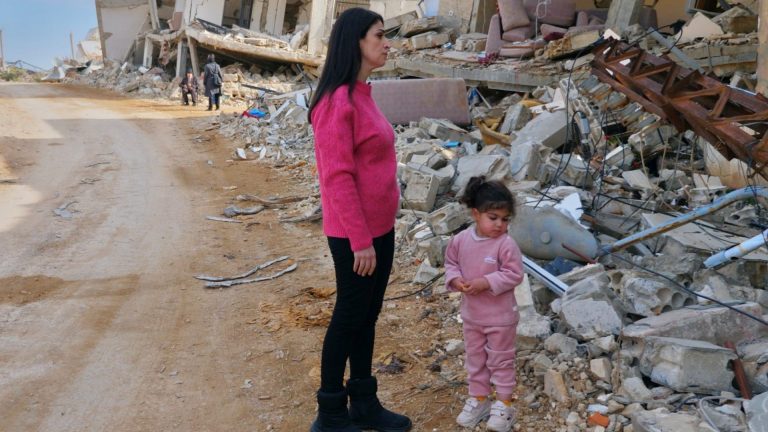

Crime scene cinema from Gaza
Now Vogt and Trier’s latest film Sentimental Value had its Norwegian premiere at the opening ceremony of Oslo Pix, showing both Trier’s centrality to this moment but also a new ambition for the festival to make its mark against local rivals in Trømso and Bergen. Having already premiered in Cannes, the film came home as a prize-winner, but the filmmakers and the cast in attendance – Reinsve, Stellan Skarsgard, Elle Fanning, Inge Ibsdotter Lilleaas and Anders Danielsen – were nervous about the hometown reception.
They needn’t have worried. The film – which will feature in the Oscar conversation ( Skarsgard deserves a nomination certainly) – received a standing ovation. I didn’t count the minutes because I’m not a lunatic.
Skarsgard tells me that the new moment has had a long gestation. “The kind of moment, as you say, has been here for quite a long time, even if it hasn’t been recognised that much. Danish film has been more recognised.
“But they’ve had a solid film production here, and I think that now they’ve sort of privatised it. Before they had some funding body, which meant that every small shithole in Norway had their own cinema, and they had a cinema that was not in it for profit. They showed all kinds of film, independent film and big films, Afghanistan and Iranian films and films from all over the world.
“So so the people they grew up with with a very, very good eye for film and a very varied diet of it.”
The concern now is whether this moment will be just that: a moment, or if it be parlayed into a sustainable movement which will build a robust national cinema. Vogt sees a problem in fact that Norway’s film industry isn’t really built for success.
“The problem now is that we have succeeded in the sense that we have more talent than we ever had,” he says, “but the funding hasn’t been substantially raised for years and years, so we have less money to compete for.”
At a time when it seems livelier than ever, he says, “Our film industry is slowly dying because there are less things being made and less television series for our teams to making a living on. The streaming bubble has burst in Scandinavia, so there’s no funding there.
“And so now we have this weird situation where we are having unprecedented success for a small country like ours, we’re beginning to create a real tradition now of filmmakers and young people who want to make good stuff. And we have relationship with our audience. People actually see a lot of these films.
“But at the same time we are losing grip on the people who worked on Sentimental Value A lot of them went to Cannes and then when they came back, they just were unemployed. The best people in the business, because there’s no projects.
“So we are really proud and happy about what’s happening at the same time, locally, we’re concerned that our politicians don’t see the value of what we’re doing.”
It seems the film industry needs substantial investment to build a long-lasting legacy before the Norway new wave crashes.
Oslo Pix takes place at the end of August every year in the Norwegian capital.


